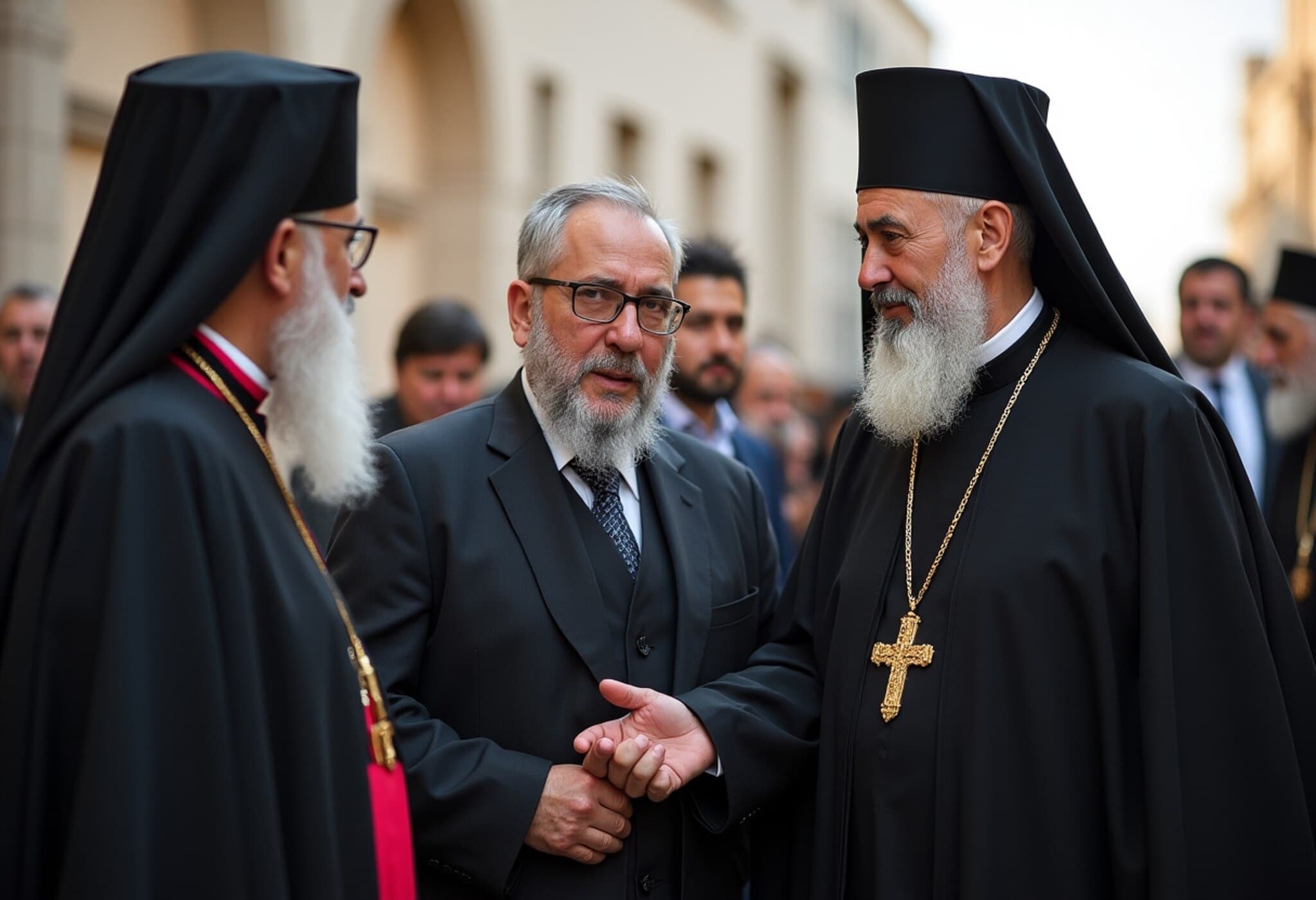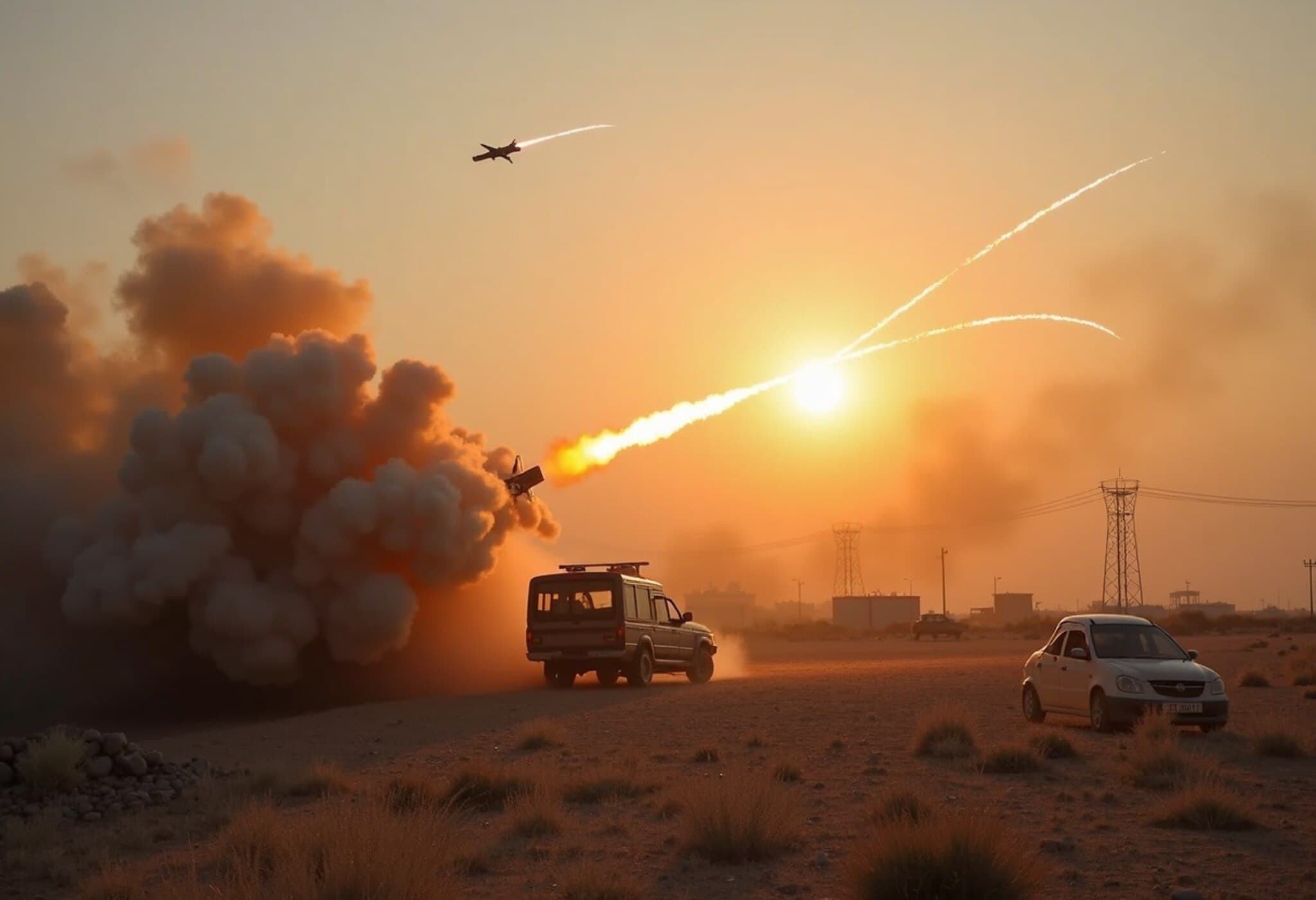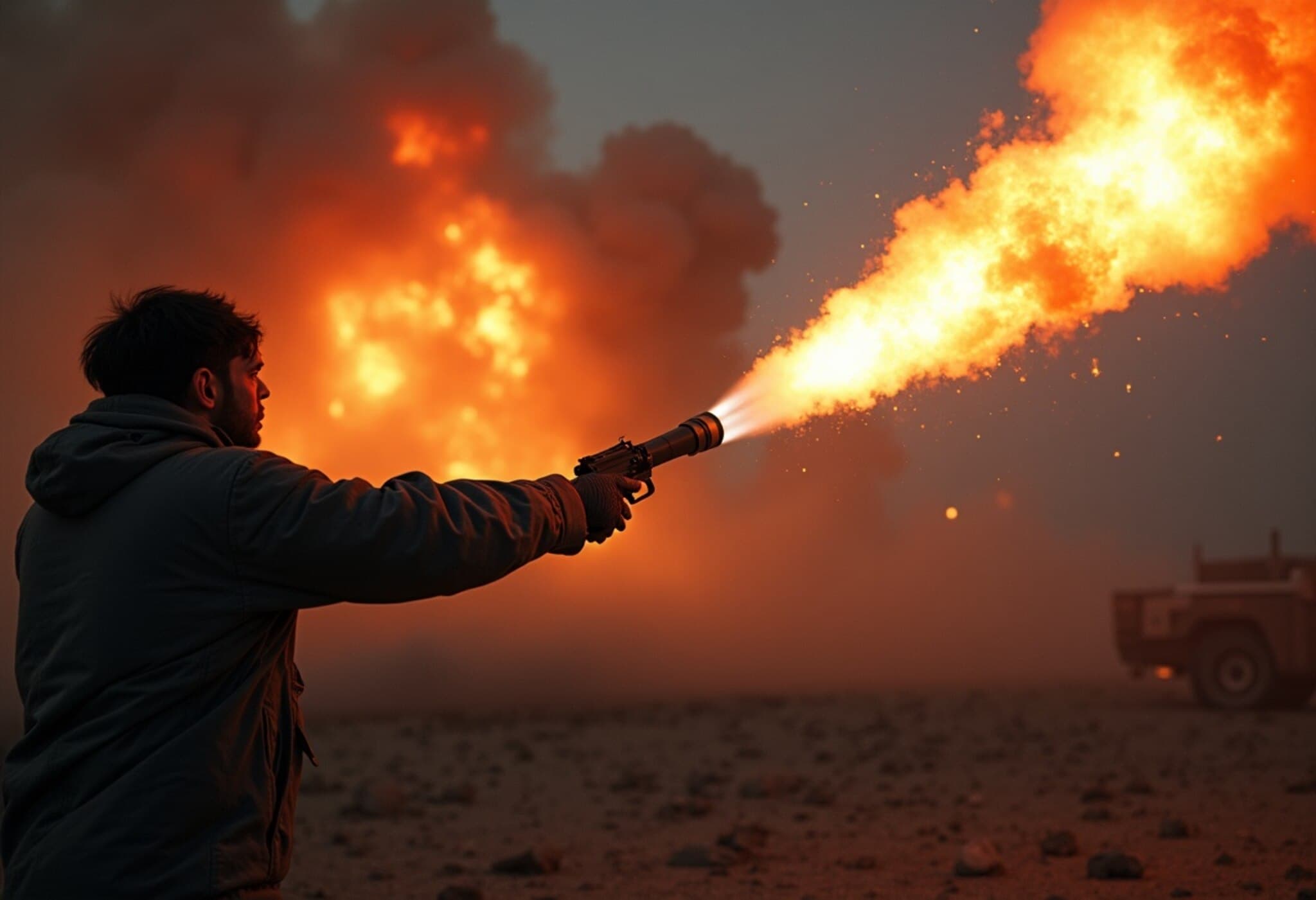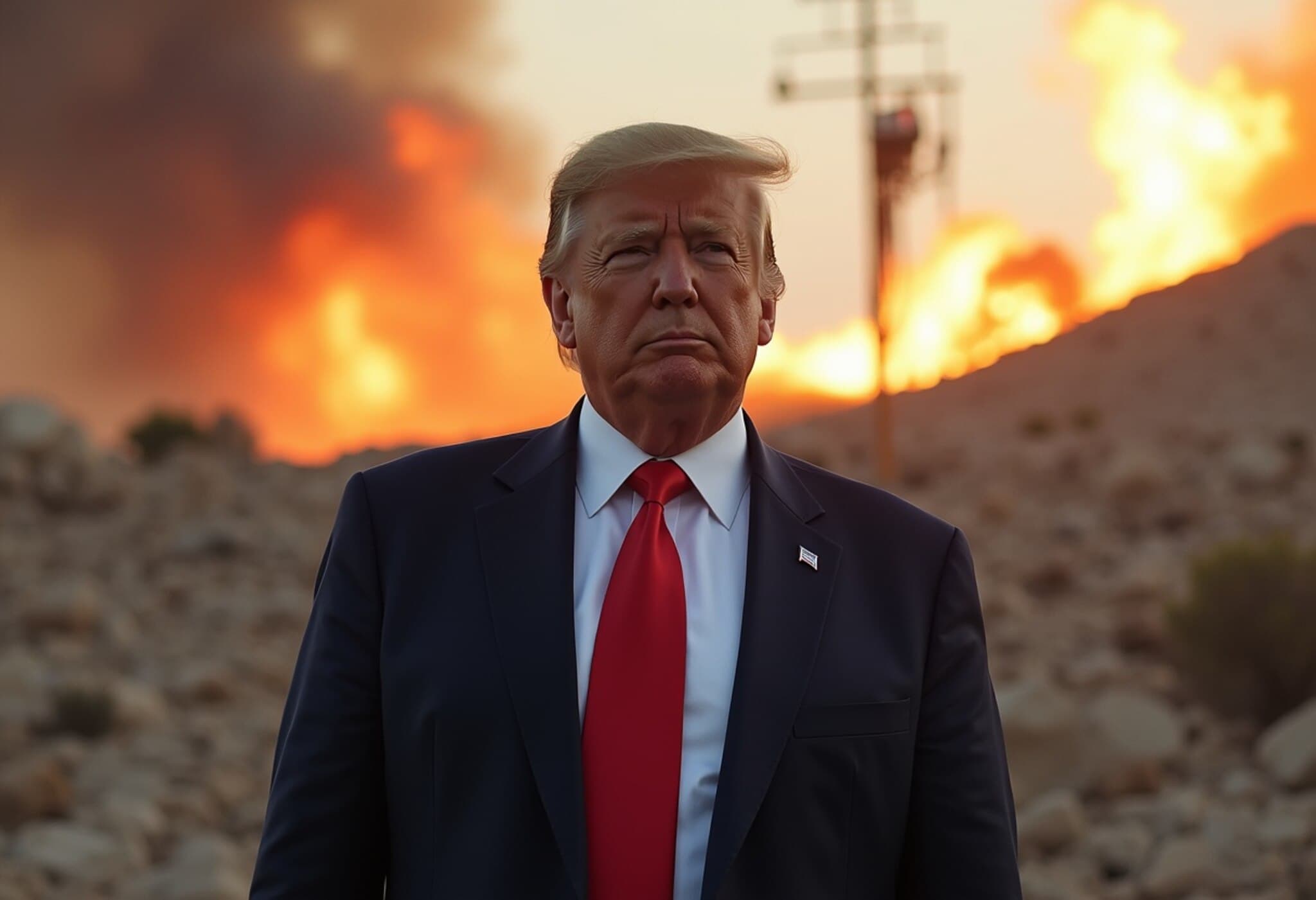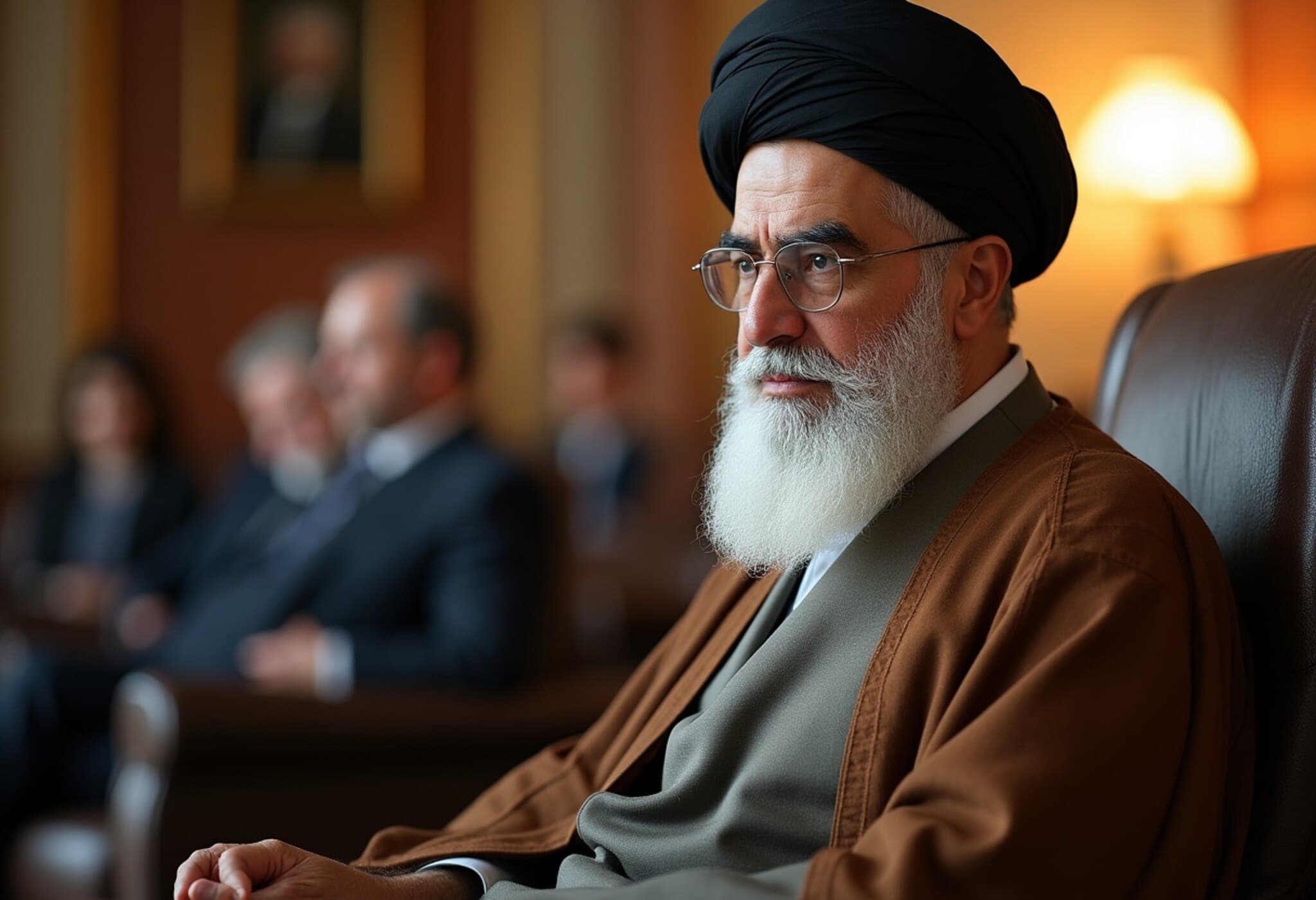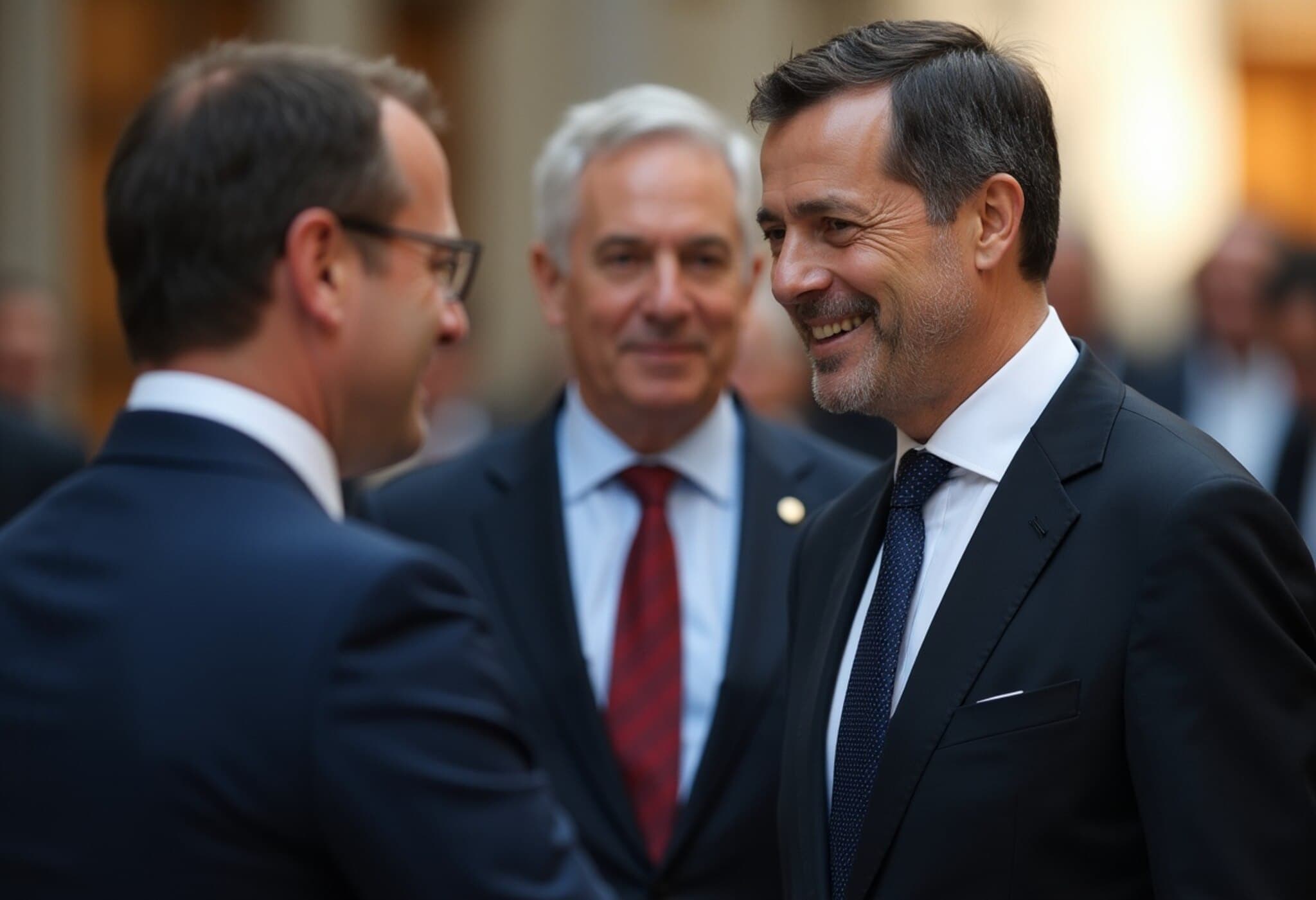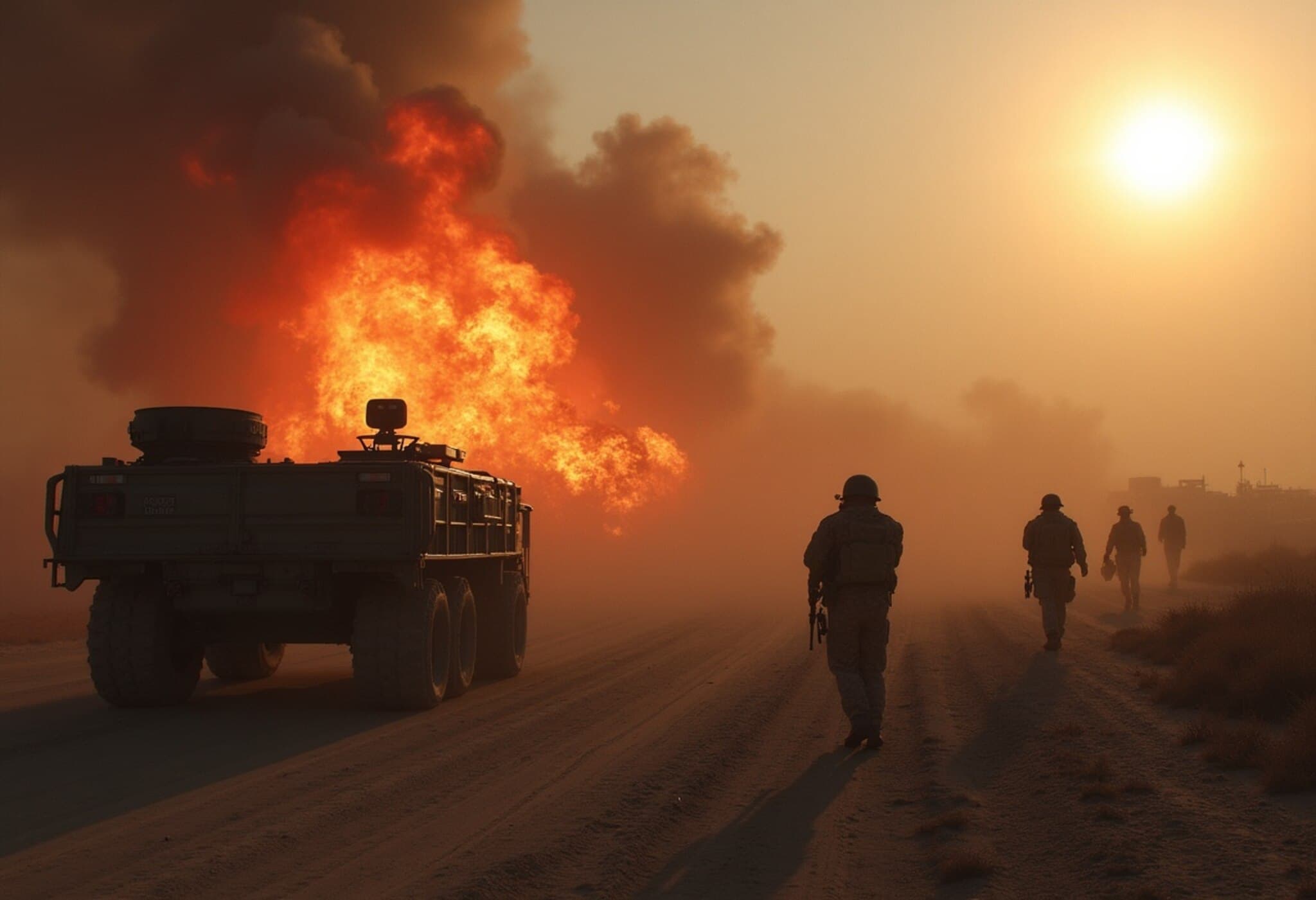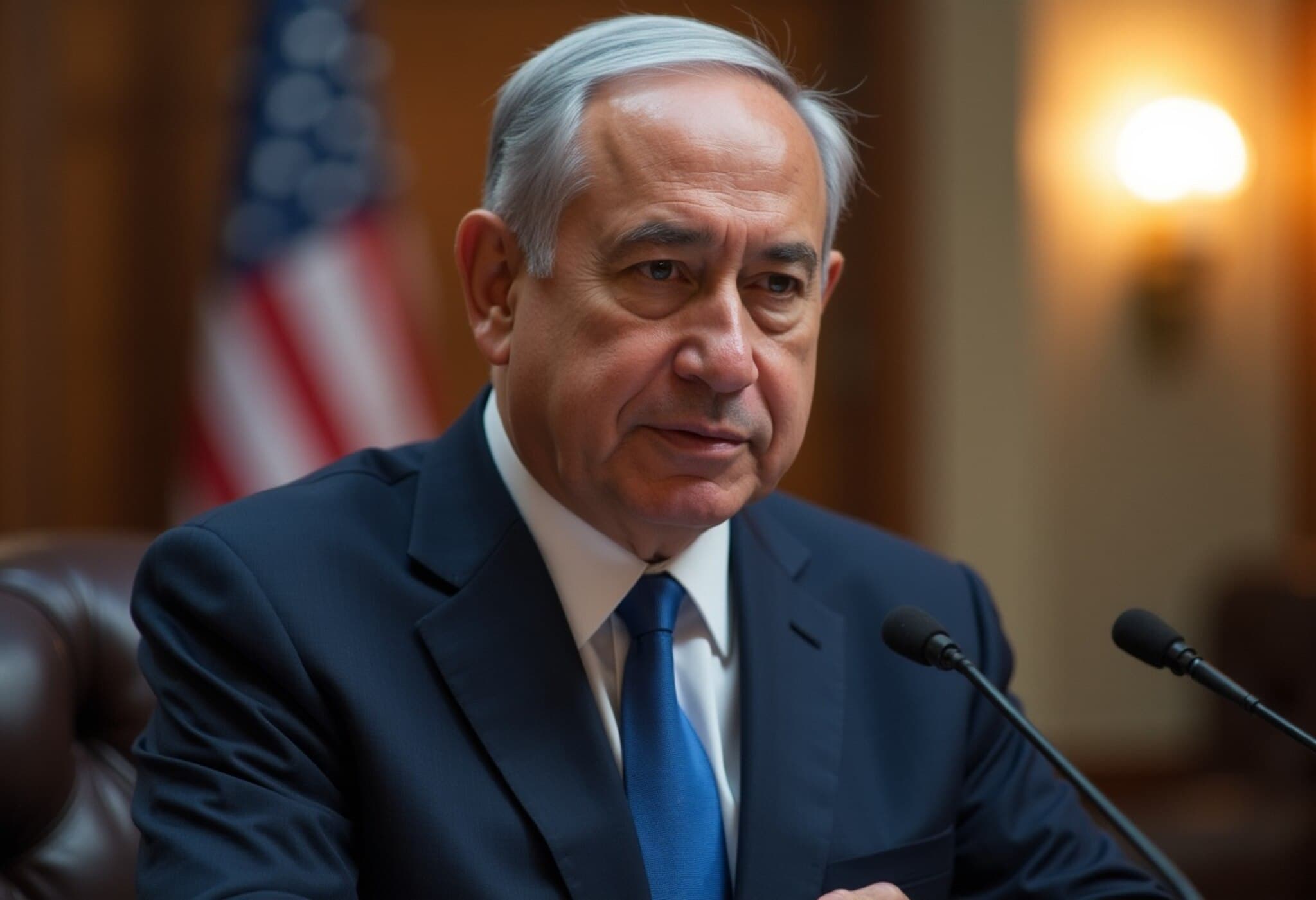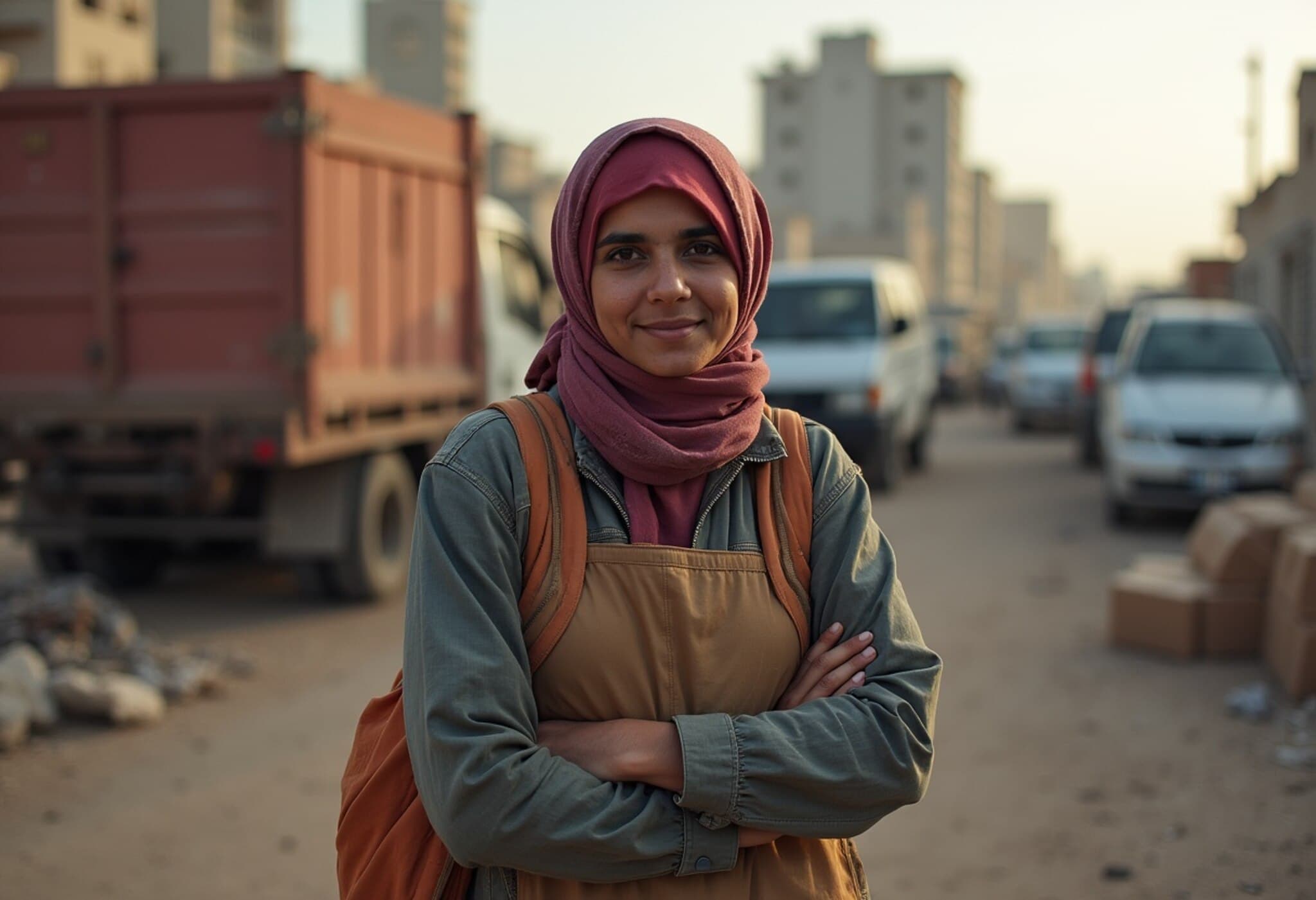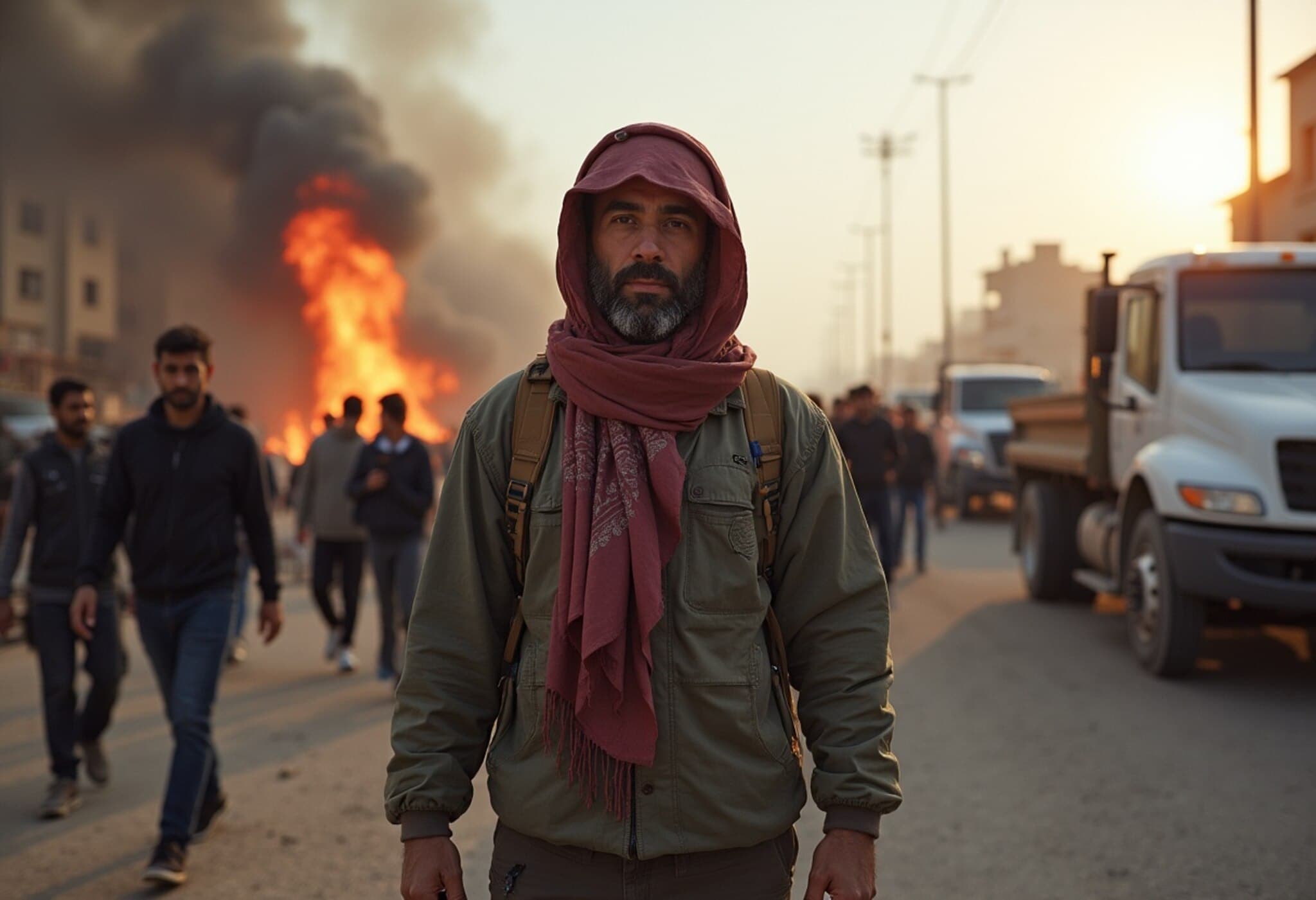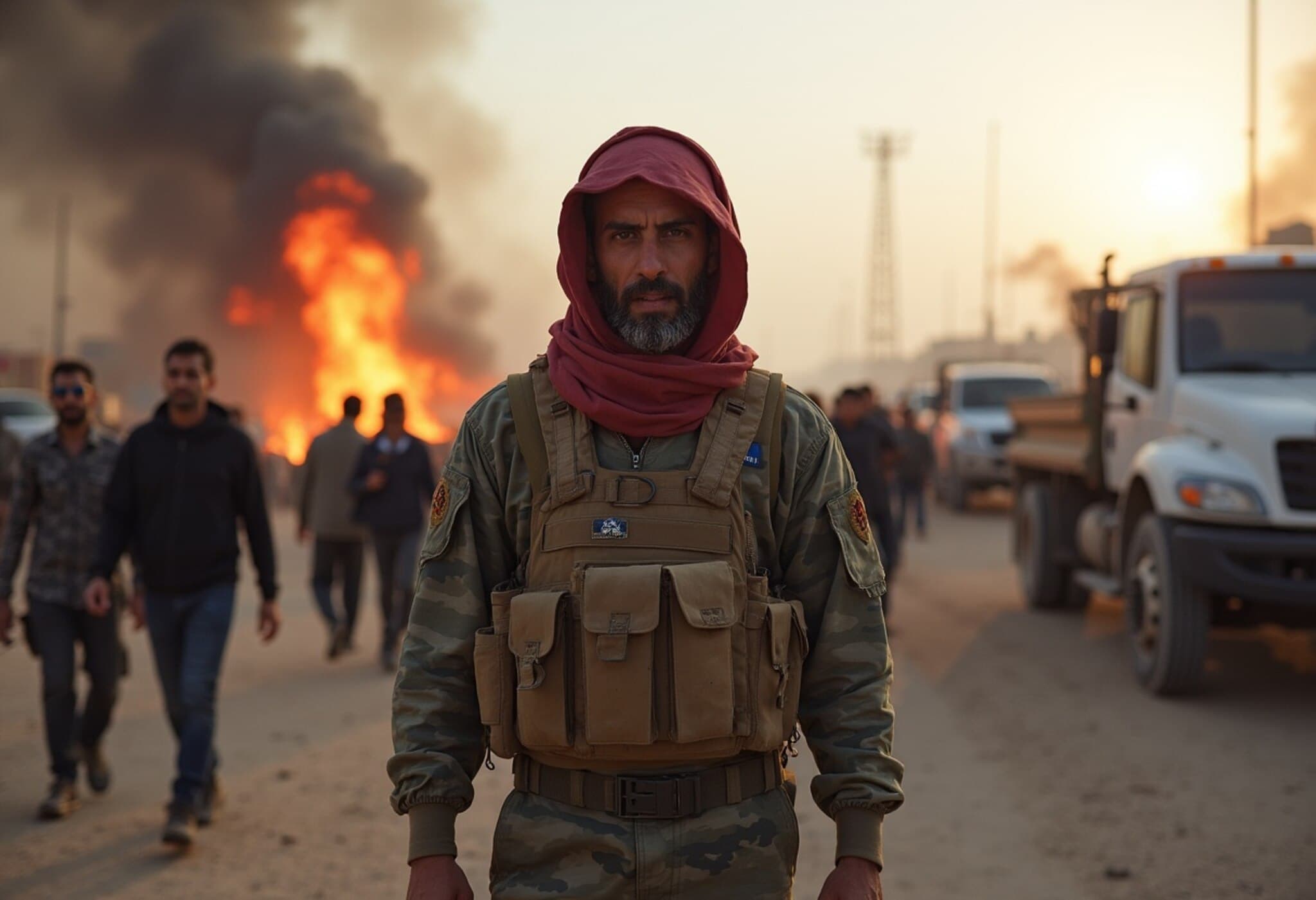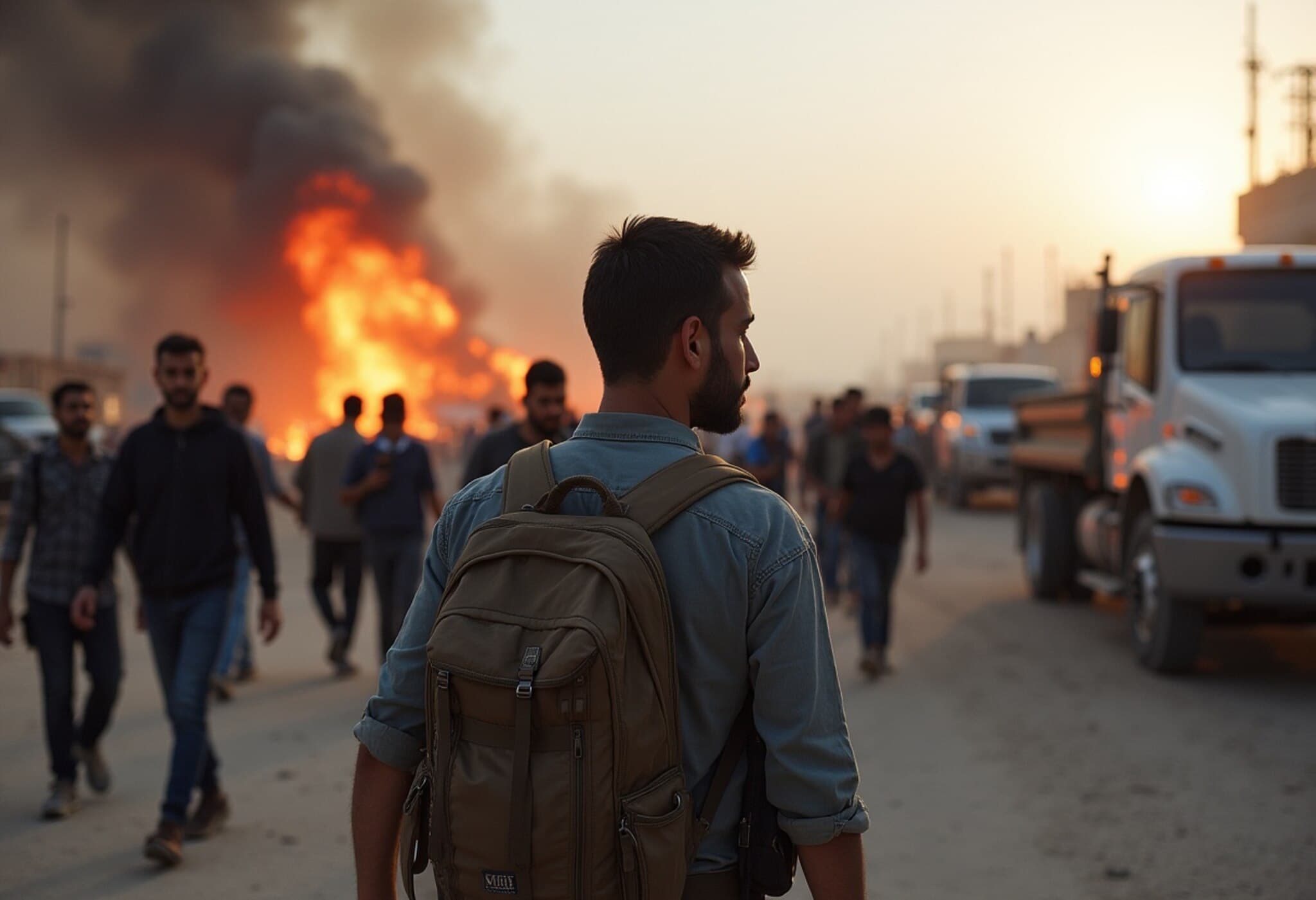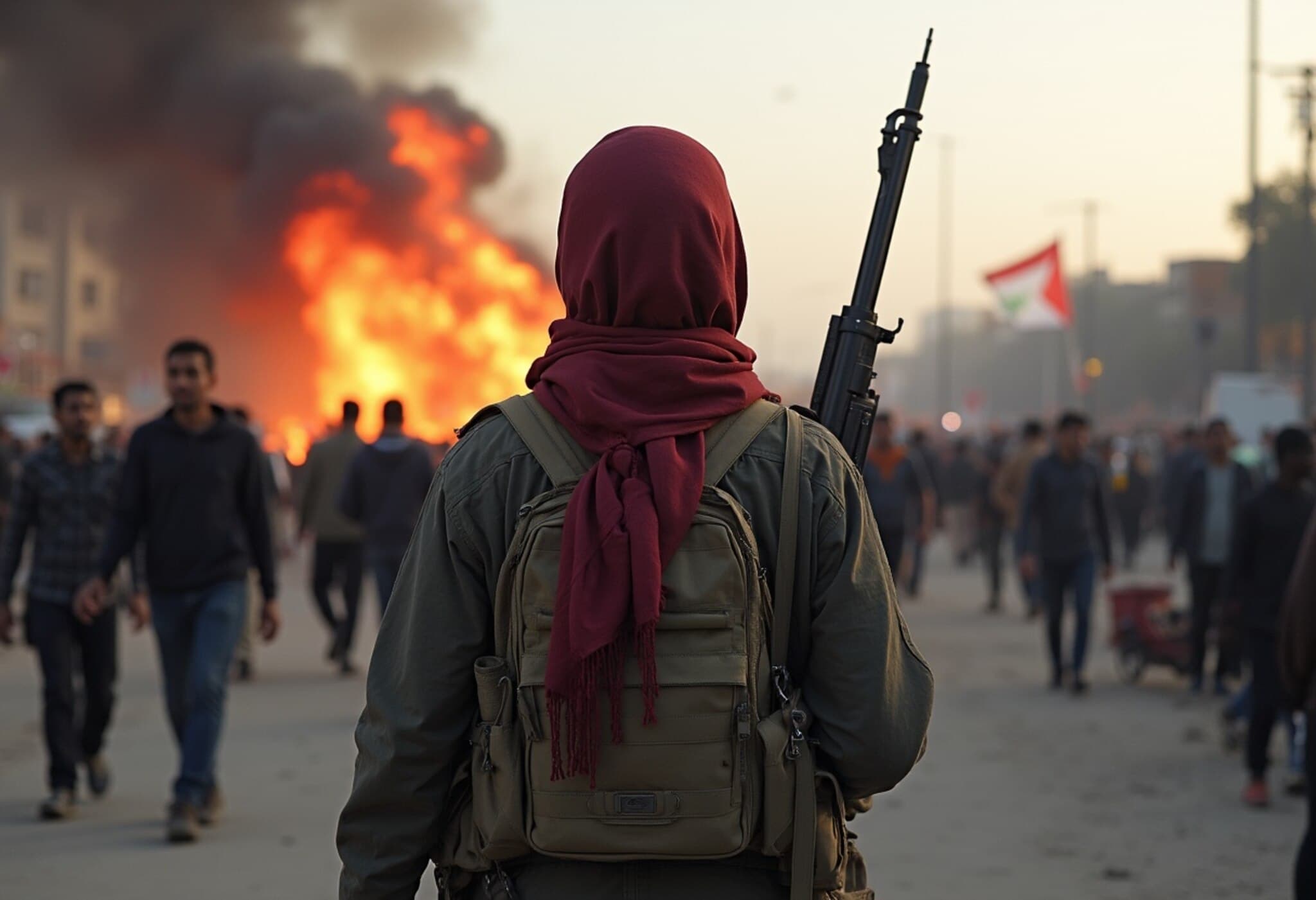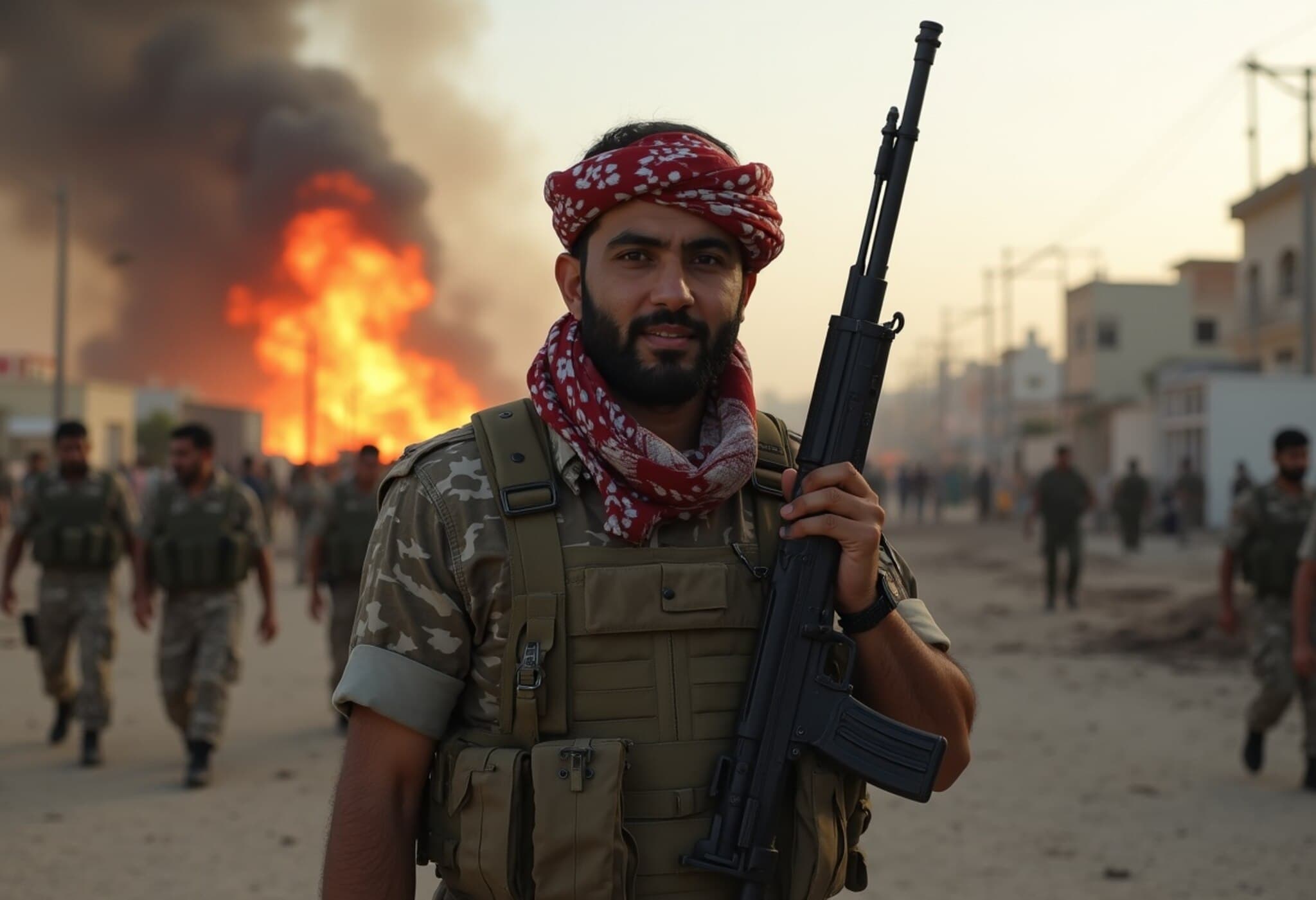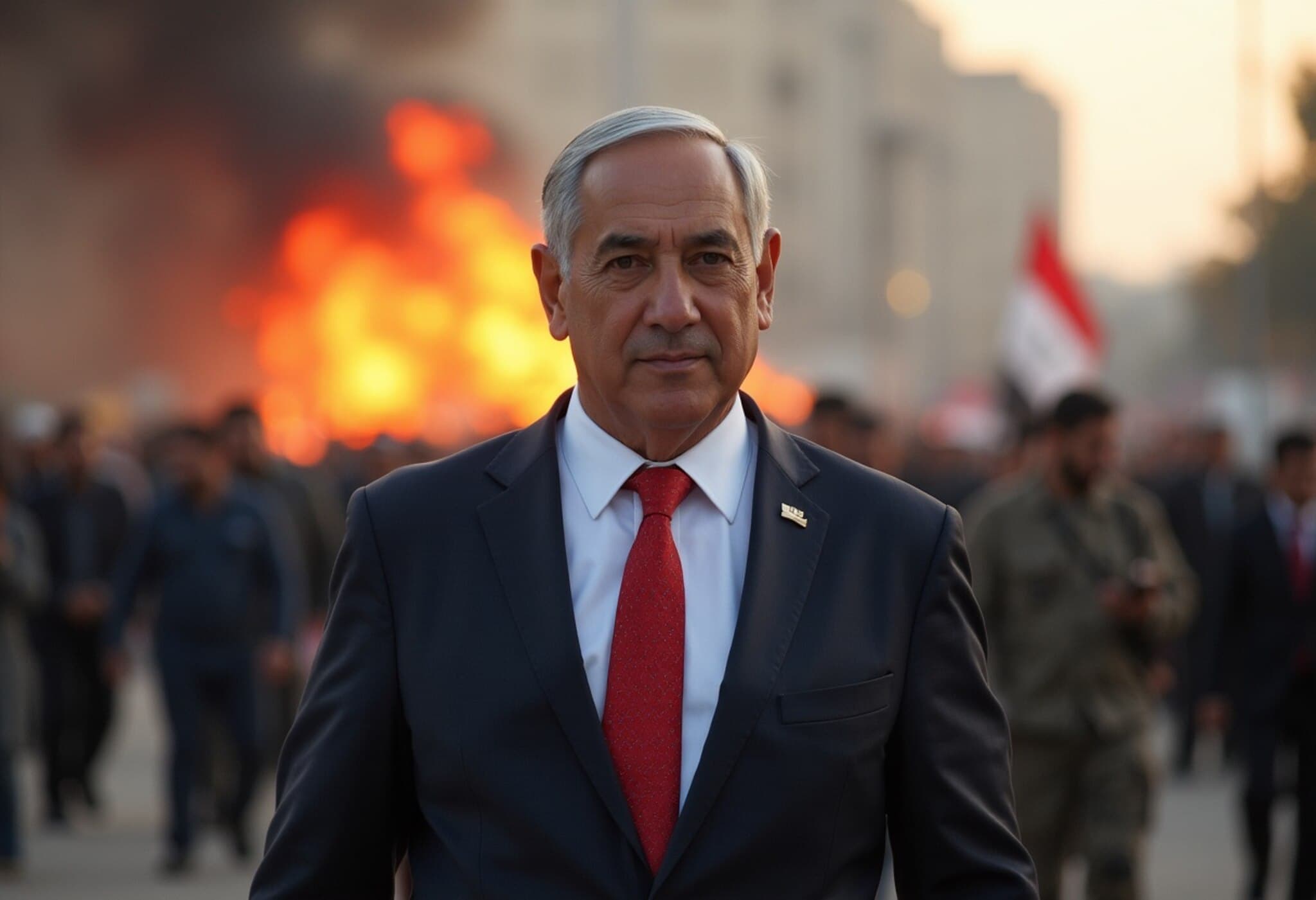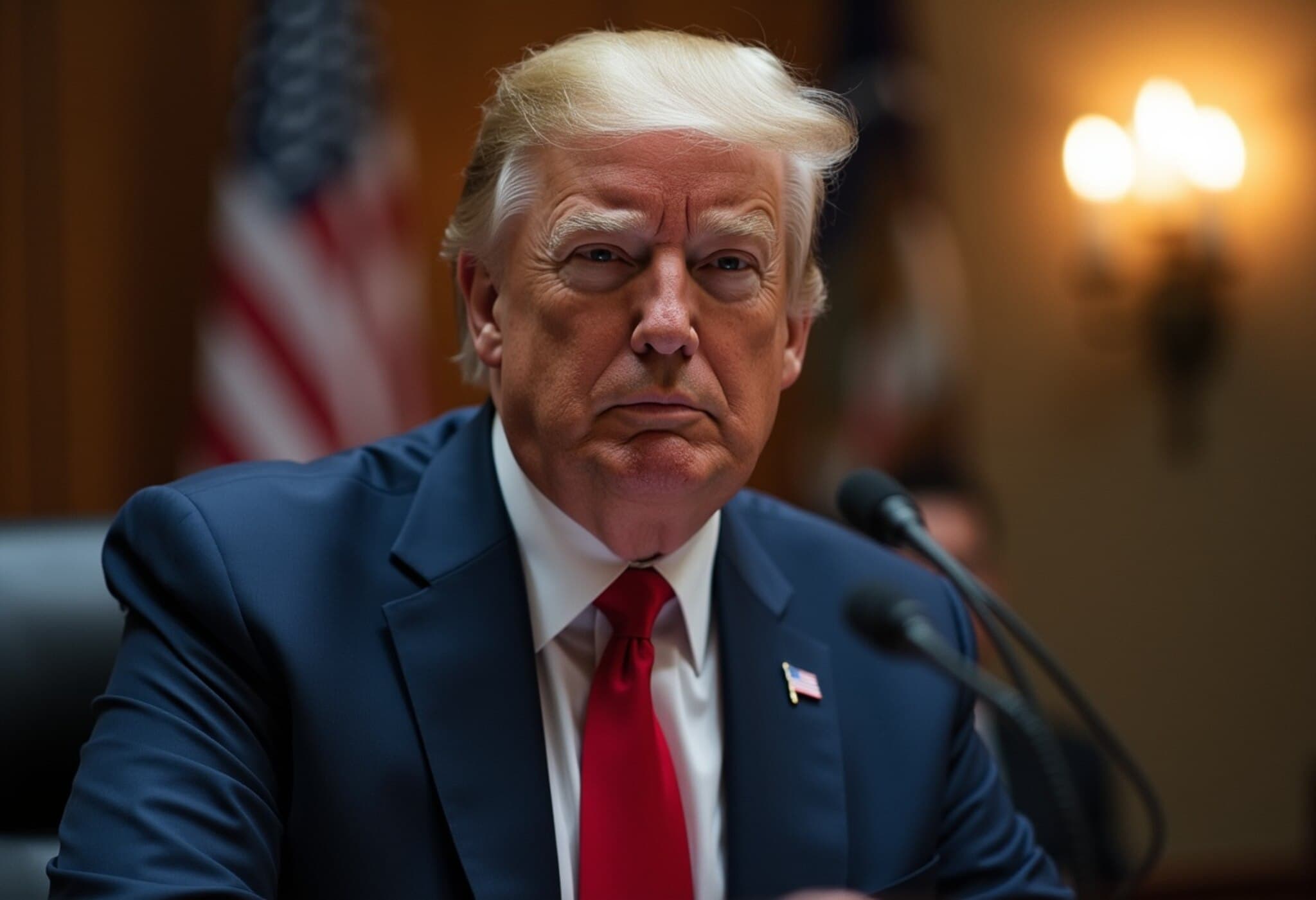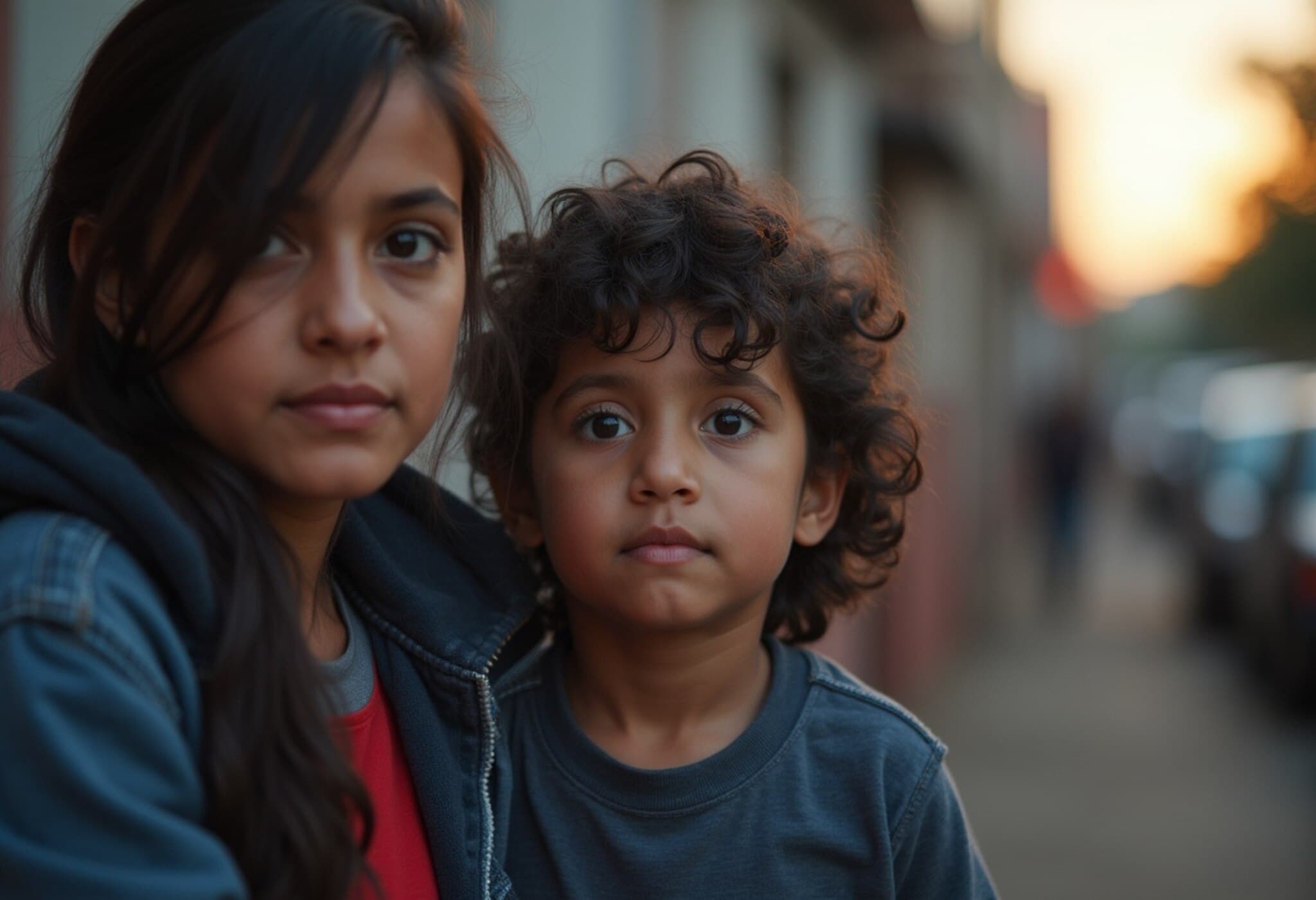Christian Leaders Make Rare Visit to Gaza Following Deadly Church Airstrike
In an extraordinary and rare act amidst a turbulent conflict, prominent Christian leaders from the Catholic and Greek Orthodox traditions have visited Gaza City’s only Catholic church after it was severely damaged in an Israeli airstrike that claimed three lives. The strike targeted the Holy Family Church compound, a sanctuary that has sheltered hundreds since hostilities escalated in October 2023.
A Tragic Strike on Gaza’s Sacred Ground
The airstrike, which occurred on July 17, 2025, left a deep scar on the Holy Family Church — its roof was struck perilously close to the main cross, scorching the stone facade and shattering its windows. Among the casualties were three deceased and multiple wounded, including the parish priest who has long been a spiritual pillar in this embattled enclave.
Photographs released show the damage clearly, underscoring the violence’s impact on both people and places of worship in Gaza amidst ongoing hostilities.
Visitation by Cardinal Pierbattista Pizzaballa and Patriarch Theophilos III
Cardinal Pierbattista Pizzaballa, Latin Patriarch of Jerusalem, and Theophilos III, Greek Orthodox Patriarch of Jerusalem, undertook the notable journey into Gaza on July 18, a movement fraught with logistical complexities under Israeli control. Their presence was not just symbolic but deeply pastoral.
"We came to express the shared pastoral solicitude of the Churches of the Holy Land and our profound concern for the Gaza community," Cardinal Pizzaballa said. The visit aimed to bring aid, comfort survivors, and highlight the need for protective measures around religious sites.
Questioning Israel’s Explanation
Israel’s government expressed regret over the incident. Prime Minister Benjamin Netanyahu’s office stated, "Israel deeply regrets that stray ammunition hit Gaza’s Holy Family Church. Every innocent life lost is a tragedy," promising to investigate the strike and reaffirming commitment to safeguard civilians and holy sites.
However, Cardinal Pizzaballa voiced skepticism in an interview with Italy’s Corriere della Sera. He acknowledged Israel’s claim of the strike being an error but noted that local belief contradicts this, emphasizing: "We are not a target... Even if everybody here believes it wasn’t [an error]." He reaffirmed the Catholic Church’s commitment to remain in Gaza no matter the circumstances.
Papal Appeals Amid Rising Regional Tensions
Following the strike, Prime Minister Netanyahu spoke by phone with Pope Leo on July 19, who used the opportunity to renew calls for renewed peace negotiations, a ceasefire, and an end to hostilities.
>The Vatican stressed the pope's intense concern for the humanitarian crisis in Gaza, lamenting the disproportionate toll on the most vulnerable—children, the elderly, and the sick. He emphasized the urgent need to protect places of worship and civilians alike amidst rising violence.
Broader Context and Implications
This incident and the subsequent ecclesiastical visit shine a stark light on the increasing dangers faced by religious minorities and sacred sites in conflict zones. Gaza, already a hotspot of geopolitical tension, illustrates the fragile intersections of war, faith, and civilian survival.
- Religious significance: Gaza’s Holy Family Church serves not only as a place of worship but as a refuge amidst conflict.
- Humanitarian concerns: The strike exacerbates an already dire humanitarian situation caused by the ongoing Israeli-Hamas conflict.
- Political dynamics: The incident complicates Israel’s narrative of precision and restraint in military operations.
The leaders’ visit also underscores a broader call for international accountability and heightened protection for religious communities caught in geopolitical crossfire.
Editor’s Note
The deadly strike on Gaza’s Holy Family Church and the subsequent rare visit by top Christian leaders expose the entanglement of faith, conflict, and humanitarian crisis in one of the world’s most volatile regions. As Israeli investigations proceed, important questions remain: How can religious sites be better protected amid warfare? What role can global religious and political leaders play in amplifying civilian voices in Gaza? This moment calls for deep reflection on the fragile balance between security, faith, and human dignity in modern conflict.

